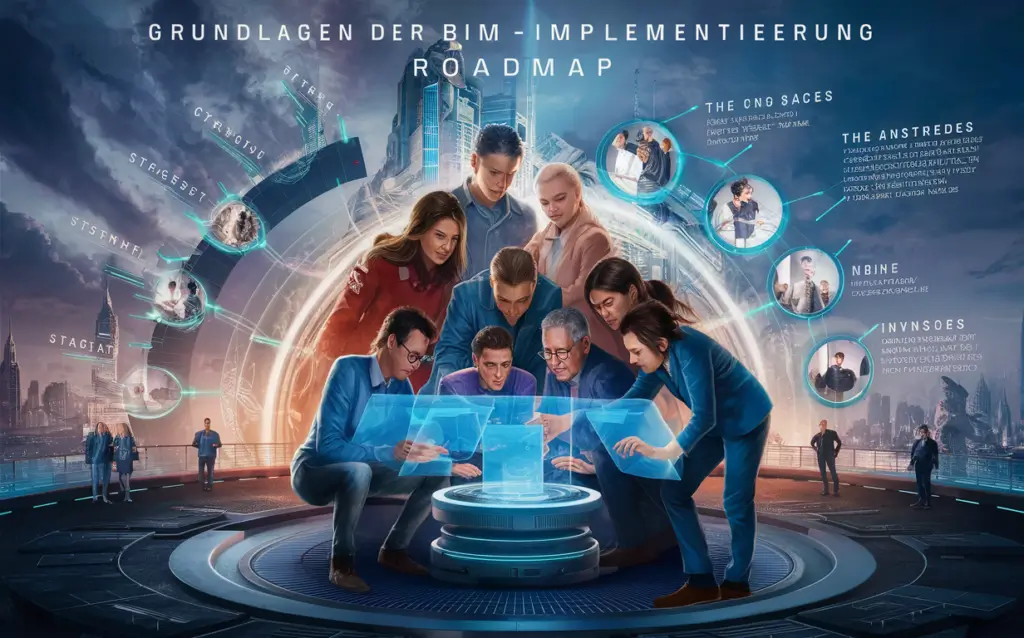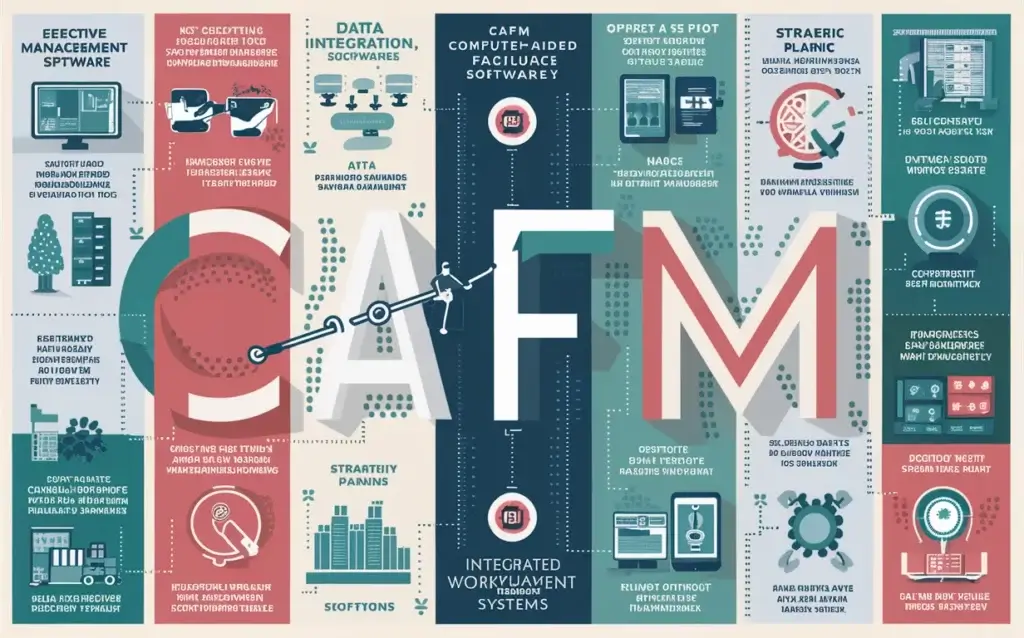Efficient project controlling: Successful project management
Efficient project controlling is crucial to the success of a project. It enables the monitoring, control and coordination of all activities within a project. Through project controlling, costs, deadlines and resources can be effectively monitored and managed to ensure that the project is completed within the planned framework. In addition, efficient project controlling enables the early identification of deviations and problems, which allows project managers to take countermeasures in good time and [...]
Efficient project controlling: Successful project management Read more »

















